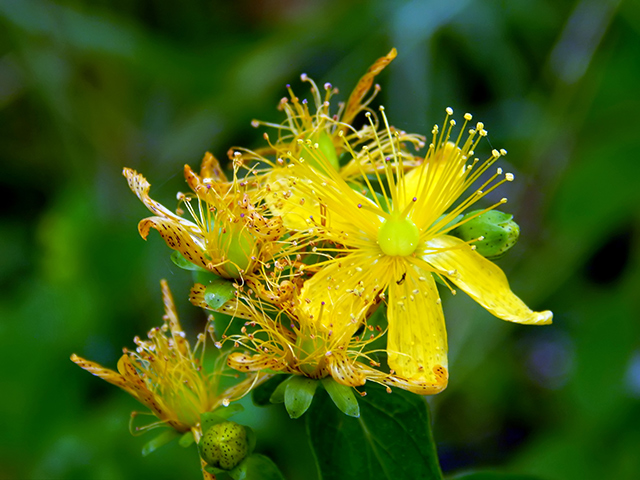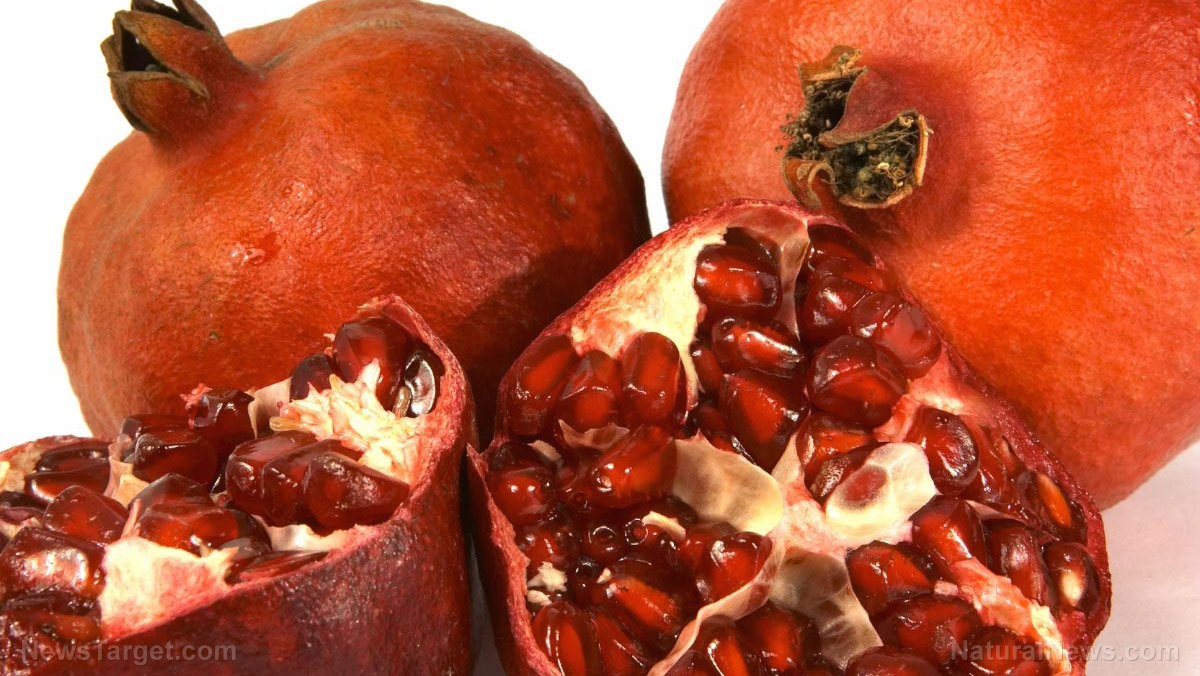Study: Eating a starchy green banana daily can help stave off cancer
07/28/2022 / By Belle Carter

An international and long-term study recently published in the journal Cancer Prevention Research has confirmed that eating a starchy green banana daily can help stave off cancer.
Researchers from the University of Leeds and Newcastle University gave people with a high hereditary risk of cancer a diet high in resistant starch, which is abundant in banana when unripe. According to the study, the diet reduced the risk of some forms of cancer by more than half.
Resistant starch is found in a wide array of foods, including oats, breakfast cereal, pasta, rice, peas, beans and green bananas. (Related: Going bananas over losing weight? Why not try eating more bananas.)
The study looked at almost 1,000 patients with Lynch syndrome, an inherited disorder that increases the risk of many types of cancer. Around 200,000 people in the U.K. are thought to have Lynch syndrome, though less than five percent know they have the said genetic condition.
While the diet did not reduce the risk of bowel cancers, it reduced the risk of cancers developing in other parts of the body by up to 60 percent. This was particularly strong for upper gastrointestinal cancers, including esophageal, gastric, biliary tract, pancreatic and duodenum cancers, which can be hard to diagnose.
The protection was observed to last for 10 years after people stopped taking the supplement for resistant starch. and experts hope the findings could also be beneficial to the general population, not just people with Lynch syndrome.
The study was a planned double-blind 10-year follow-up, supplemented with comprehensive national cancer registry data for up to 20 years in 369 of the participants.
John Mathers, an expert in human nutrition at Newcastle, said the findings are important as cancers of the upper gastrointestinal tract are difficult to diagnose and often are not caught early on.
“The dose of resistant starch used in the trial was roughly equivalent to that found in an unripe banana. Resistant starch can be taken as a powder supplement and is found naturally in peas, beans, oats and other starchy foods,” he said. “The starch in bananas resists breakdown and reaches the bowel where it can change the type of bacteria that live there.”
The researchers think resistant starch is fermented in the large intestine and alters the production of bile acids.
“We think that resistant starch may reduce cancer development by changing the bacterial metabolism of bile acids and reducing those types of bile acids that can damage our DNA and eventually cause cancer,” Mathers said.
Tim Bishop, an expert in genetics at Leeds, noted that the magnitude of the protective effect in the upper gastrointestinal tract was unexpected so further research is required to replicate the findings.
People with Lynch syndrome more likely to get cancer at a younger age
According to the Centers for Disease Control and Prevention‘s website, Lynch syndrome, also known as hereditary non-polyposis colorectal cancer, is the most common cause of hereditary colorectal cancer. People with this syndrome are more likely to get cancer at a younger age or before they reach the age of 50.
Lynch syndrome causes about 4,200 colorectal cancers and 1,800 uterine (endometrial) cancers per year. Estimates say that one in every 300 people may be carriers of an alteration in a gene associated with Lynch syndrome. Clues to whether there is Lynch syndrome in a family include diagnoses of colorectal, endometrial, ovarian and/or other cancers in multiple relatives on the same side of a family.
Apart from likely being diagnosed at a younger age, people with Lynch syndrome are also at an increased risk of developing multiple types of cancers during their lifetime.
Family members are more likely to have this condition if their family has a strong history of colorectal cancer. People who inherit Lynch syndrome usually share the same mutation.
For more stories about cancer prevention, visit PreventCancer.news.
Watch the below video about the 10 ways that food acts as medicine.
This video is from the So Ready for Health channel on Brighteon.com.
More related stories:
Can eating a banana help you sleep better?
Wild banana demonstrates significant potential as natural diabetes cure.
Why you should be eating a banana right before you sleep.
Sources include:
Submit a correction >>
Tagged Under:
Colorectal Cancer, food cures, food is medicine, food science, green banana, health science, Lynch syndrome, natural cures, natural medicine, nutrients, organics, research, resistant starch
This article may contain statements that reflect the opinion of the author
RECENT NEWS & ARTICLES
COPYRIGHT © 2017 CANCER SOLUTIONS NEWS




















